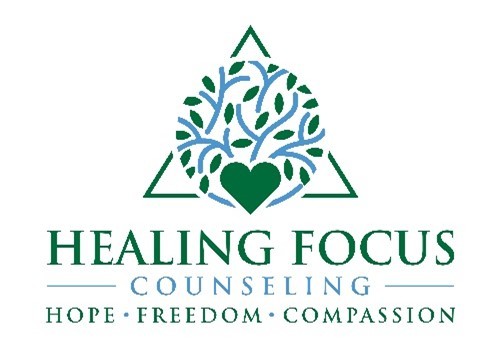How to Get Through Another Winter (Seasonal Affective Disorder)

For many, Autumn is their favorite time of year with a couple exceptions. The daylight gets shorter and it gets colder. This is one of the reasons more people come to Healing Focus Counseling for depression.
Seasonal depression, also known as seasonal affective disorder (SAD), is a type of depression that occurs in a seasonal pattern, typically during the fall and winter months. It can significantly impact a person’s mood, energy levels, and overall well-being. In this blog, we will explore the symptoms of seasonal depression, its causes, and provide helpful resources to cope with this condition.
Symptoms
The symptoms of seasonal depression may vary from person to person, but common signs include persistent feelings of sadness, low energy levels, difficulty concentrating, changes in appetite, weight gain, oversleeping, and withdrawal from social activities. These symptoms typically arise in the late fall or early winter and subside during the spring or summer months. Understanding these signs is crucial in identifying and addressing seasonal depression effectively.
What’s the Cause:
The exact causes of seasonal depression are not fully understood, but several factors can contribute to its development. Reduced exposure to sunlight during the shorter days of winter is believed to play a significant role. This reduction in sunlight can disrupt the body’s internal clock and affect serotonin levels, a neurotransmitter that influences mood. Additionally, individuals with a history of depression or a family history of SAD may be more susceptible to developing this condition.
Ways to Deal with SAD:
1. Light Therapy: Light therapy involves exposure to bright artificial light, which can help regulate the body’s internal clock and improve mood. Lightboxes are available for home use and are an effective treatment for seasonal depression.
2. Psychotherapy: Engaging in talk therapy, such as cognitive-behavioral therapy (CBT), can provide valuable support in managing seasonal depression. Therapists can help individuals identify negative thought patterns, develop coping strategies, and improve overall well-being.
3. Medication: In some cases, doctors may prescribe antidepressant medications to alleviate symptoms associated with seasonal depression. It is essential to consult with a healthcare professional to determine the most suitable treatment plan.
4. Exercise: Regular physical activity, such as walking, jogging, or yoga, can help boost mood and reduce symptoms of depression. Engaging in exercise outdoors during daylight hours can provide additional benefits by increasing exposure to natural light.
5. Mindfulness and Meditation: Practicing mindfulness and meditation techniques can help individuals manage stress, improve self-awareness, and enhance overall mental well-being. These practices can be learned through classes, apps, or online resources.
6. Social Support: Staying connected with loved ones and participating in social activities can provide emotional support and combat feelings of isolation. Joining support groups or engaging in hobbies can also be beneficial.
7. Maintain a Healthy Lifestyle: Eating a balanced diet, getting enough sleep, and managing stress levels are crucial in managing seasonal depression. Prioritize self-care and engage in activities that bring joy and relaxation.
8. Seek Professional Help: If symptoms of seasonal depression persist or worsen, it is important to seek professional help. Mental health professionals can provide personalized guidance and support.
Remember, everyone’s experience with seasonal depression is unique, and what works for one person may not work for another. It’s essential to find a combination of resources and strategies that best suit your needs.
Seasonal depression can significantly impact one’s quality of life, but with the right support and resources, it is manageable. By recognizing the symptoms, understanding the causes, and utilizing available resources, individuals can effectively cope with seasonal depression. Whether it’s light therapy, psychotherapy, exercise, or seeking social support, there are numerous options to help navigate the challenges posed by this condition. Remember, you are not alone, and there is support available to help you through the seasonal lows. Contact Healing Focus Counseling at 801-679-3932 or www.healingfocuscounseling.com. We are here to help.
